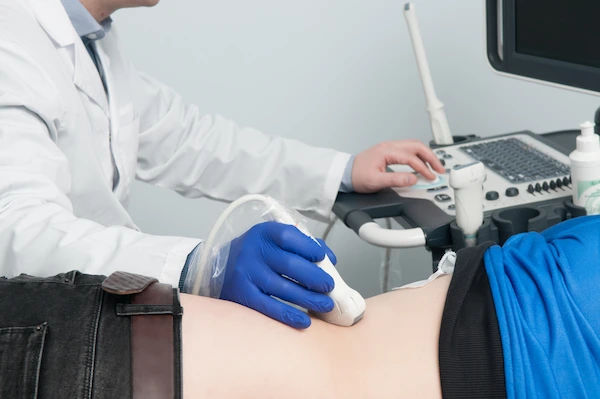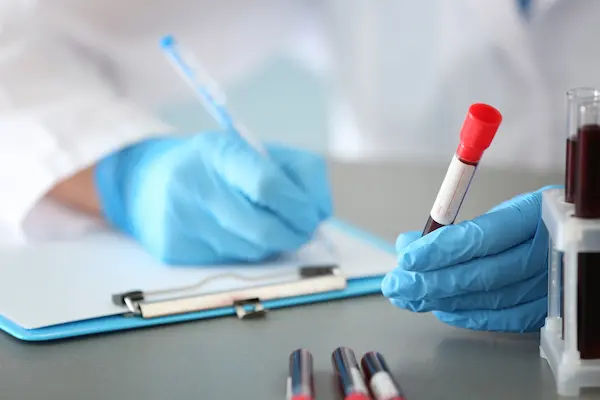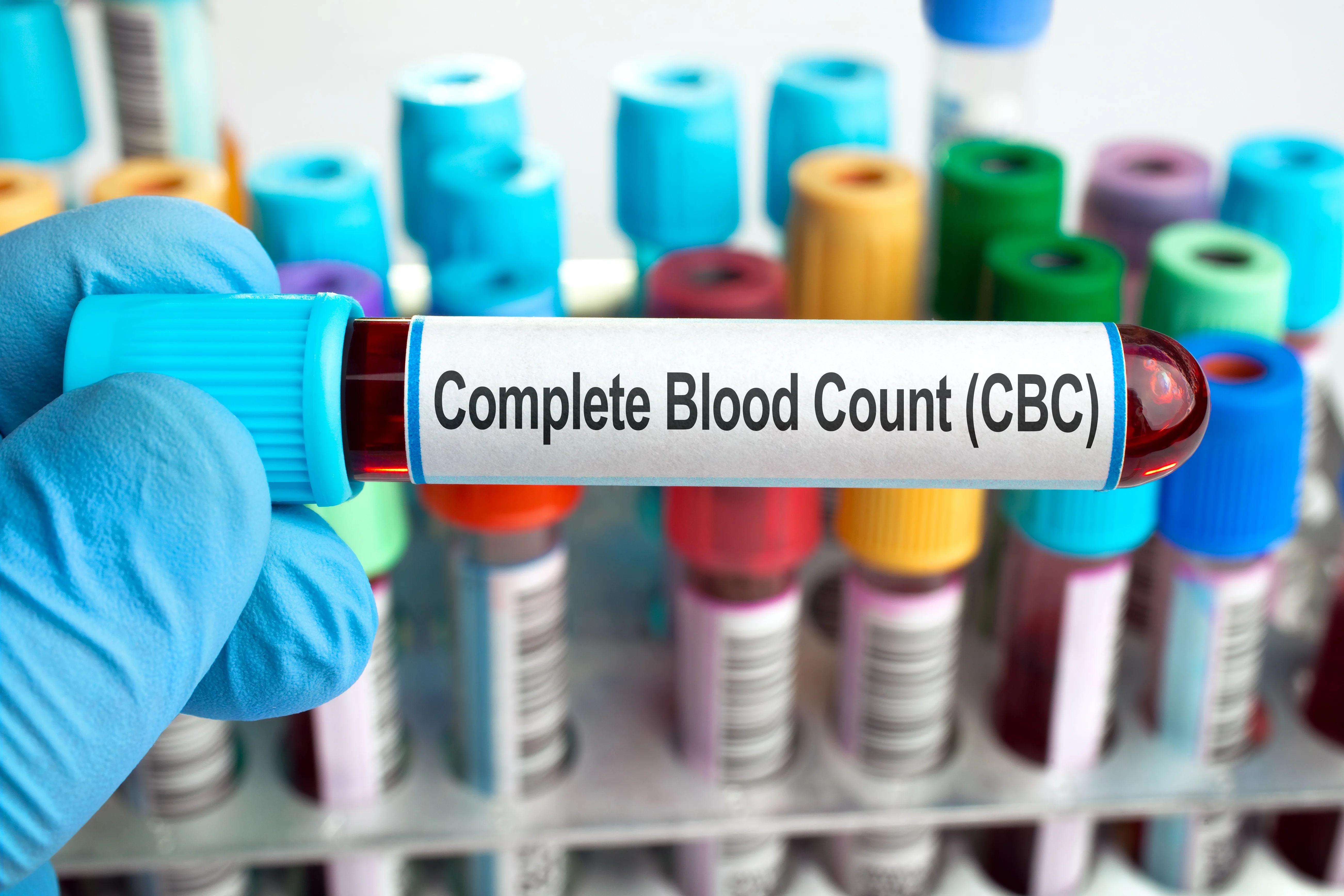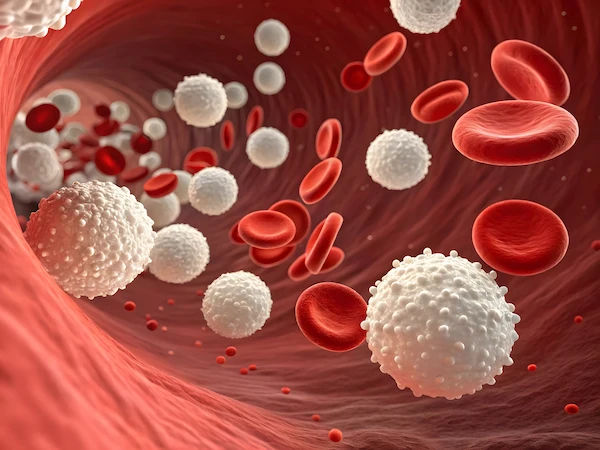Understanding High RDW-CV Levels
Learn what high RDW-CV levels mean for your health. Explore potential causes, associated conditions, and next steps for diagnosis and treatment.


Understanding High RDW-CV Levels
Introduction
If you’ve recently had a blood test and noticed that your RDW-CV (Red Cell Distribution Width Coefficient of Variation) levels are high, you might be wondering what this means for your health. Don’t worry—this article will help you understand what RDW-CV is, why it matters, and what steps you can take if your levels are elevated.
What is RDW-CV?
RDW-CV is a measure of the variation in the size of your red blood cells (RBCs). Normally, red blood cells are roughly the same size, but certain health conditions can cause them to vary in size. A high RDW-CV means there’s a greater difference in the sizes of your RBCs, which can indicate an underlying health issue.
Why Does RDW-CV Matter?
Red blood cells carry oxygen from your lungs to the rest of your body. If their sizes vary too much, it may mean your body isn’t producing healthy RBCs efficiently. High RDW-CV levels can be a sign of:
- Nutritional deficiencies include conditions like iron, vitamin B12, or folate deficiency.
- Anemia can manifest as iron deficiency anemia or vitamin-deficiency anemia.
- Chronic diseases that may be relevant are liver disease, kidney disease, or various inflammatory conditions.
- Bone marrow disorders, such as myelodysplastic syndrome, are also a consideration.
Get Your Symptoms Assessed
Symptoms of High RDW-CV
Since high RDW-CV is often linked to anemia or other blood disorders, you may experience:
- Fatigue or weakness
- Pale skin
- Shortness of breath
- Dizziness
- Irregular heartbeat
- Cold hands and feet
If you notice these symptoms, it’s best to consult a doctor for further evaluation.
Consult Top Physician For More Health Benefits
Causes of High RDW-CV
Several factors can contribute to high RDW-CV levels:
1. Nutritional Deficiencies – Low iron, vitamin B12, or folate can affect RBC production.
2. Chronic Diseases – Conditions like diabetes, heart disease, or autoimmune disorders can impact blood cell formation.
3. Blood Loss – Heavy periods, ulcers, or internal bleeding can lead to iron deficiency and abnormal RBC sizes.
4. Bone Marrow Problems – Disorders affecting bone marrow (where RBCs are made) can cause irregular cell sizes.
5. Alcoholism – Excessive alcohol intake can interfere with nutrient absorption and RBC production.
How to Manage High RDW-CV?
If your RDW-CV is high, your doctor will likely recommend further tests to identify the cause. Depending on the underlying issue, treatment may include:
1. Dietary Changes
- Iron-rich foods include spinach, lentils, red meat, and fortified cereals.
- Good sources of Vitamin B12 are eggs, dairy, fish, and fortified plant-based milks.
- Folate-rich foods consist of leafy greens, beans, and citrus fruits.
2. Supplements
- If you have a deficiency, your doctor may prescribe iron, B12, or folate supplements.
3. Managing Underlying Conditions
- If chronic diseases (like diabetes or kidney disease) are causing the issue, proper management of these conditions can help improve RDW-CV levels.
4. Lifestyle Adjustments
- Reduce alcohol consumption.
- Exercise regularly to improve circulation.
- Stay hydrated to support healthy blood flow.
When to See a Doctor?
If your blood test shows high RDW-CV and you’re experiencing symptoms like fatigue, dizziness, or shortness of breath, it’s important to consult a healthcare provider. They may recommend additional tests, such as:
- Complete blood count (CBC)
- Iron studies
- Vitamin B12 and folate tests
- Liver or kidney function tests
Early diagnosis and treatment can prevent complications and improve your overall health.
Final Thoughts
High RDW-CV levels are not a disease themselves but a sign that something might be affecting your red blood cells. By identifying and addressing the root cause—whether it’s a nutritional deficiency, chronic illness, or another condition—you can improve your blood health and feel better.
If you’re concerned about your RDW-CV levels or need further guidance, consider booking a consultation with a specialist through Apollo 24|7. Early intervention can make a big difference in your well-being.
Consult Top Physician
Consult Top Physician

Dr. Chaithra H
General Physician/ Internal Medicine Specialist
6 Years • MBBS, MD General Medicine, DNB General Medicine
Bangalore
Apollo 24|7 Clinic - Karnataka, Bangalore

Dr. Mohammed Kamran
General Practitioner
5 Years • MBBS, FIDM
Nashik
Apollo 24|7 Clinic - Maharashtra, Nashik

Dr. Jawwad Mohammed Kaleem
General Practitioner
4 Years • MBBS
Hyderabad
Apollo 24|7 Clinic, Hyderabad

Dr. Siri Nallapu
General Practitioner
5 Years • MBBS
Hyderabad
Apollo 24|7 Clinic, Hyderabad

Dr Divya Lekha Gunta
General Practitioner
10 Years • MBBS, MD (Pathology)
Visakhapatnam
Apollo 24|7 Clinic - Andhra Pradesh, Visakhapatnam
Consult Top Physician For More Health Benefits

Dr. Chaithra H
General Physician/ Internal Medicine Specialist
6 Years • MBBS, MD General Medicine, DNB General Medicine
Bangalore
Apollo 24|7 Clinic - Karnataka, Bangalore

Dr. Mohammed Kamran
General Practitioner
5 Years • MBBS, FIDM
Nashik
Apollo 24|7 Clinic - Maharashtra, Nashik

Dr. Jawwad Mohammed Kaleem
General Practitioner
4 Years • MBBS
Hyderabad
Apollo 24|7 Clinic, Hyderabad

Dr. Siri Nallapu
General Practitioner
5 Years • MBBS
Hyderabad
Apollo 24|7 Clinic, Hyderabad

Dr Divya Lekha Gunta
General Practitioner
10 Years • MBBS, MD (Pathology)
Visakhapatnam
Apollo 24|7 Clinic - Andhra Pradesh, Visakhapatnam





